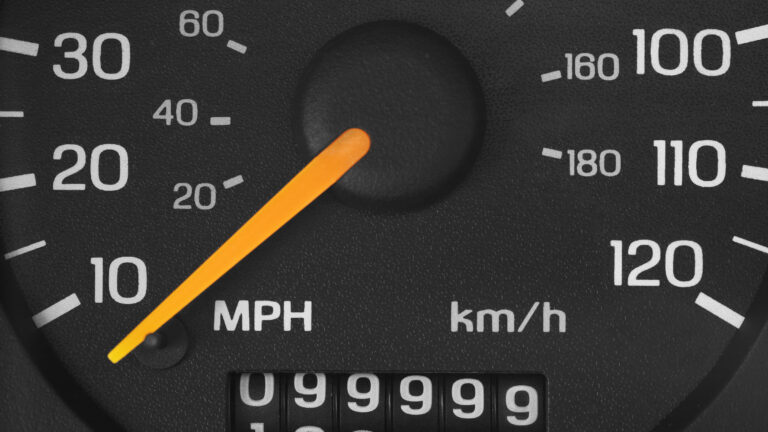Apple has invested an additional $45 million in US-based Corning Incorporated, the maker of Gorilla Glass, the companies announced today.
A news release from Apple says the investment will help "expand Corning's manufacturing capacity in the US" and "drive research and development into innovative new technologies that support durability and long-lasting product life."
The investment will come out of Apple's $5 billion Advanced Manufacturing Fund, which was established in 2017 to invest in manufacturing jobs and infrastructure in the United States related to Apple's products like the iPhone.
Up to this point, Corning has received $450 million from that fund. The prior cash influx played a role in the development of the ceramic shield, a new screen material that made the new iPhone 12 lineup more drop-resistant than prior iPhone models.
Apple describes the technology, its use, and the process behind it this way:
The new material was enabled by a high-temperature crystallization step which forms nano-crystals within the glass matrix. Those specialized crystals are kept small enough that the material is transparent. The resulting material makes up the revolutionary Ceramic Shield, which Apple used to fashion the new front cover featured on iPhone in the iPhone 12 lineup. Prior to Ceramic Shield, embedded crystals have traditionally affected the material’s transparency, a crucial factor for the front cover of iPhone because so many features, including the display, the camera, and sensors for Face ID, need optical clarity to function.
Apple's relationship with Corning goes back to the very first iPhone, when a last-minute change to that product before launch replaced a scratch-prone plastic screen with a brand-new kind of comparatively scratch-resistant glass called Gorilla Glass from Corning.
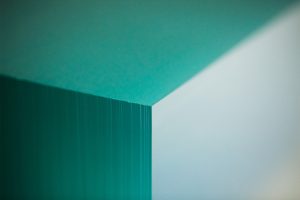
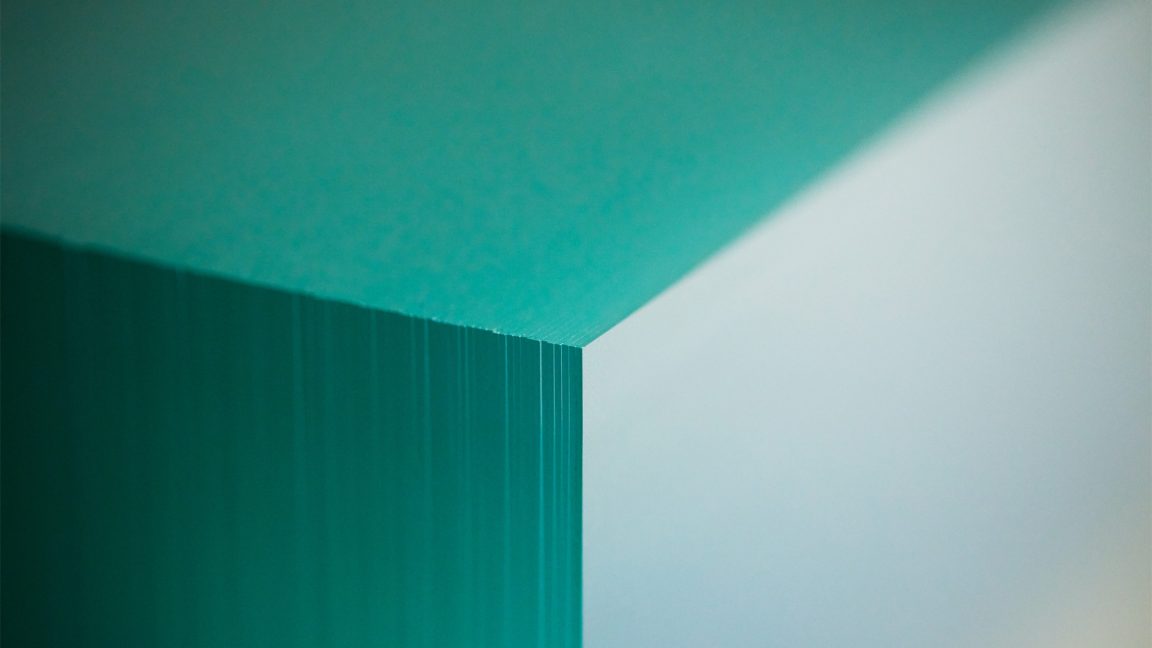

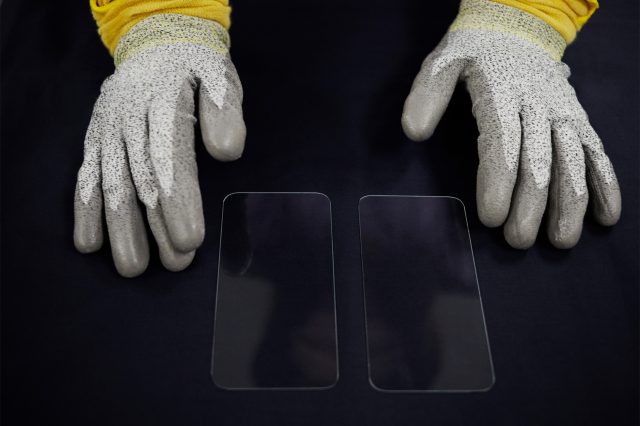
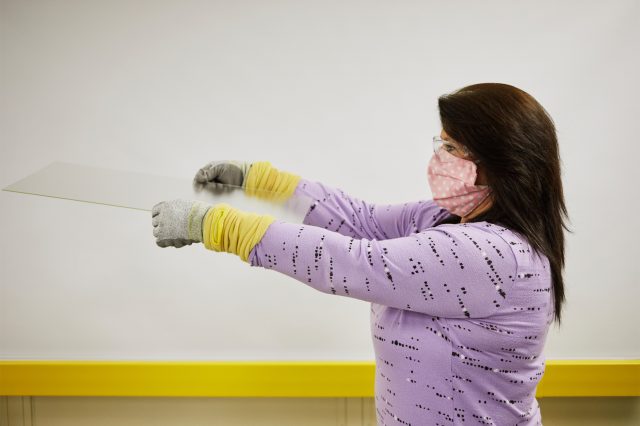
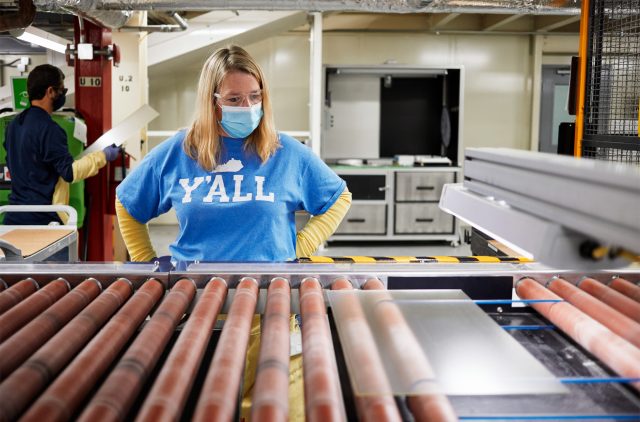
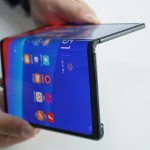
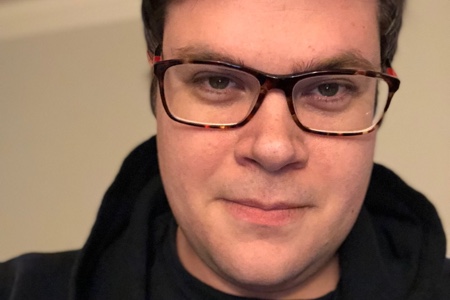
 Loading comments...
Loading comments...
